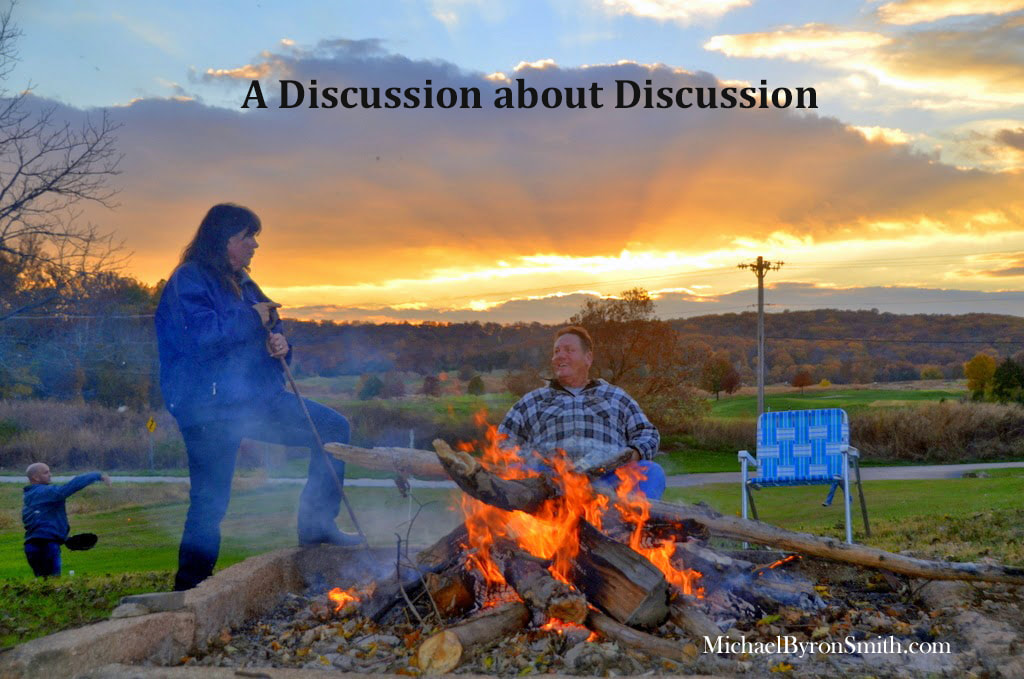 photo by author
photo by author For instance, many parents now fear that any day their 9 year old will be abducted on his three-block walk home. So mom or dad meet him at school or, at my grandchildren’s school, the school won’t let a ‘walker’ off the property until in the hands of a known adult. My purpose here is not to criticize steps taken to protect our children, but to ease some of the mind-numbing fear because another factor exists which is rarely considered, that is the exceedingly remote likelihood of a kidnapping happening to you or anyone you know–the ‘IF’ factor.
According to the Polly Klaas Foundation, 99.8% of the children who go missing do come home! And only about 100 children (a fraction of 1%) are kidnapped each year in the entire United States in the stereotypical stranger abductions you hear about in the news.
Let me take the example of flying in a commercial aircraft. This causes much fear in some people because, let’s face it, a crash is dramatic and might kill you. But if you care to look, here is a link showing the flights currently in the air. It reveals just how busy the airways are, yet you rarely hear of an incident even though every accident, even minor, is reported. So while Americans have a 1 in 114 chance of dying in a car crash, according to the National Safety Council, the odds of dying in an air incident are 1 in 9,821. That’s 86 times safer than driving and three times safer than eating because of the choking hazard, yet we take the risk of riding in a car and eating.
Two Factors to Consider
Likelihood: Realize that you can cheat yourself or your children of significant life opportunities if you don’t consider how unlikely some consequences are. Being kidnapped or dying in a plane crash are just two examples of risks that parents and others avoid, only considering the consequences and not the likelihood.
When we keep our kids too safe, there are still risks. You may end up with a child who is afraid of things they’ve never tried in life or who is awkward in certain social situations. They may miss out on experiences to grow or to build confidence. These consequences are not as severe as being abducted or dying in a plane crash, but the likelihood of those things happening is much higher.
Consequence: Some bad things do happen and happen frequently! And they are good for personal growth. Consider the consequences (impact) of the failure. Often the result is learning. Striking out with in baseball is not desirable, but the consequence is small; and the experience is a good lesson in corrective action and sportsmanship. Other consequences are so devastating that one would not take the chance of even with small likelihood. Those decisions are often personality related.
Summary
I know that few parents are likely to stop escorting their children in safe neighborhoods if that makes them feel more comfortable (certainly a valid thing to do in unsafe neighborhoods), and those afraid of flying will remain so. But I hope that, maybe, if we consider more than just the visions of what we hear and see on the news, and consider their likelihoods also, then the paranoia can be reduced, thereby helping our sanity, our contentment and our joy of living.
The Power of Dadhood, a book of parenting by this author.










